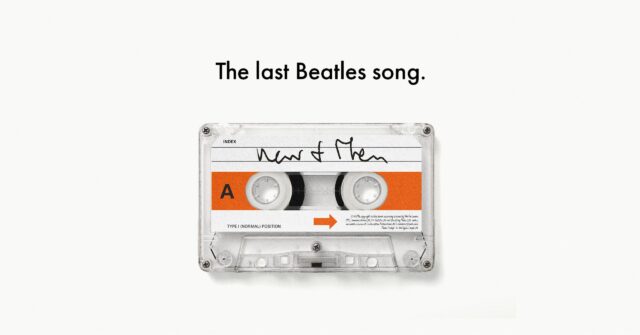Given the rampant nature of AI-generated music in the industry, the major labels — Universal Music Group, Sony Music Entertainment, and Warner Music Group — have launched lawsuits against AI music generator platforms Suno and Udio. The Recording Industry Association of America (RIAA) is spearheading these actions, alleging that both platforms have used copyrighted music without authorization to train their AI models.
On Monday, June 24, federal copyright infringement lawsuits were filed against Suno in the US District Court for the District of Massachusetts, and against Udio in the US District Court for the Southern District of New York. The RIAA accuses these platforms of “mass infringement of copyrighted sound recordings copied and exploited without permission.”
The lawsuits emphasize that AI companies must adhere to copyright laws protecting human creativity. “There is nothing that exempts AI technology from copyright law or that excuses AI companies from playing by the rules,” the complaints assert. This issue, whether using copyrighted materials to train AI constitutes infringement, remains unresolved in US courts.
Some tech companies, including Anthropic and Google, have argued that using copyrighted materials for AI training should be considered “fair use,” a legal doctrine allowing limited use of copyrighted material without permission under certain circumstances. However, music industry players contend that generative AI directly competes with the copyrighted works it uses for training, undermining the value of original recordings.
The RIAA highlights that AI-generated music could saturate the market, diluting the value of genuine sound recordings. “When those who develop such [AI music services] steal copyrighted sound recordings, the [services’] synthetic musical outputs could… drown out the genuine sound recordings,” the legal complaints state.
RIAA Chairman and CEO Mitch Glazier noted, “The music community has embraced AI and is partnering with responsible developers to build sustainable AI tools centered on human creativity.” However, he warned that unlicensed services like Suno and Udio undermine this progress by exploiting artists’ work without consent or compensation.
Both Suno and Udio have allegedly admitted to using copyrighted material for their AI training. Early investor Antonio Rodriguez indicated Suno’s reliance on copyrighted materials, and Udio executives have acknowledged using “publicly-available and high-quality music” from the internet, implicitly admitting to the use of copyrighted recordings.
The RIAA claims that Suno and Udio were caught using copyrighted materials, citing forensic analyses revealing similarities between AI-generated music and works by well-known artists such as Ed Sheeran, ABBA, and Coldplay. Additionally, the services reportedly produce vocals indistinguishable from famous artists like Michael Jackson and ABBA.
RIAA Chief Legal Officer Ken Doroshow stated, “These lawsuits are necessary to reinforce the most basic rules of the road for the responsible, ethical, and lawful development of generative AI systems and to bring Suno’s and Udio’s blatant infringement to an end.”
This legal action follows other lawsuits in the US against AI developers, including a case involving Universal Music Group, Concord, and ABKCO against Anthropic AI’s chatbot Claude for allegedly using copyrighted lyrics without permission. The outcome of these cases could significantly impact how AI developers use copyrighted materials in the future.




